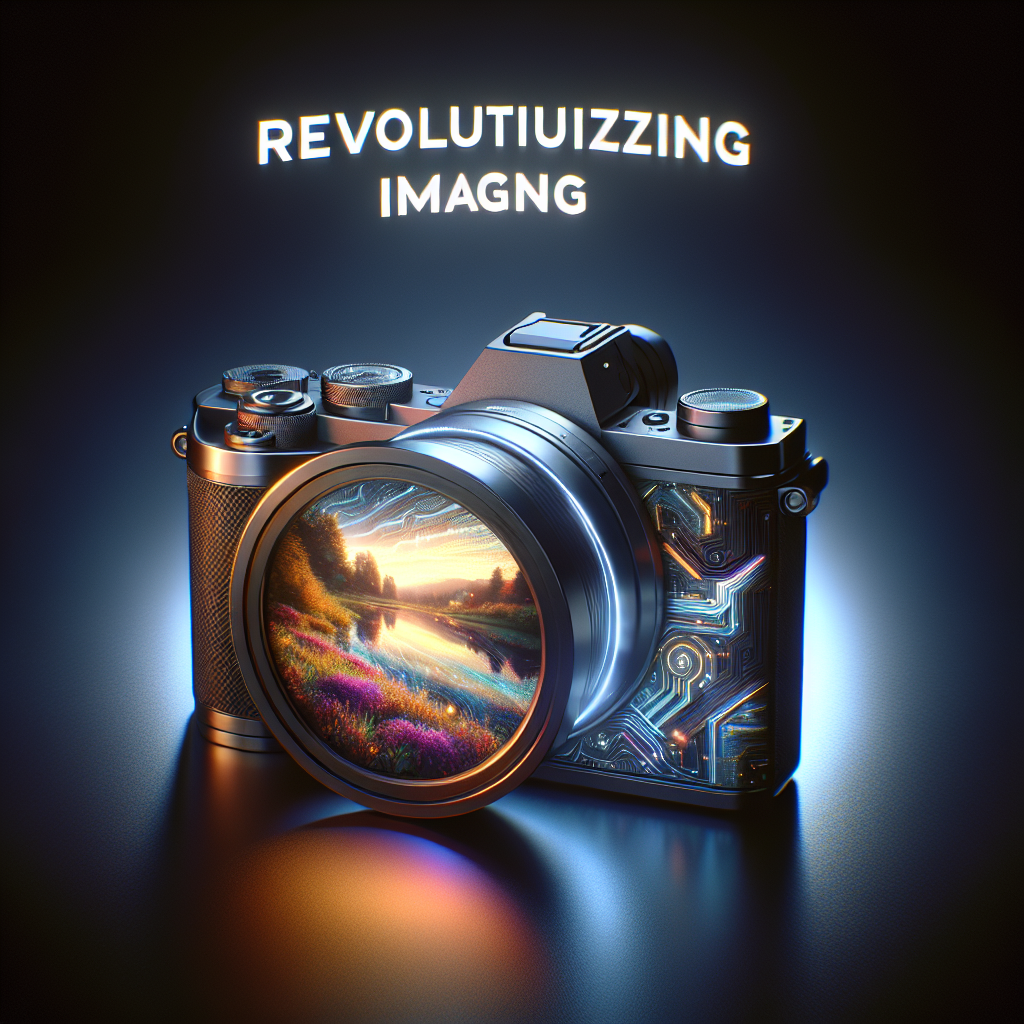As technology rapidly advances, artificial intelligence (AI) continues to transform various sectors, including photography. AI-powered cameras are redefining how we capture, edit, and share images, paving the way for a future where photography becomes more accessible, efficient, and creatively enriching.
Enhanced Image Quality
A major advantage of AI-powered cameras is their capability to improve image quality in real time. Utilizing machine learning algorithms, these cameras analyze scenes and automatically adjust settings like exposure, white balance, and focus, resulting in sharper and more vibrant images. This feature is especially beneficial for novice photographers who may not possess the technical expertise to make these adjustments manually.
Intelligent Scene Recognition
AI algorithms can recognize subjects and scenes within photographs, enabling automated adjustments tailored to the specific context. Whether it’s recognizing landscapes, portraits, or night scenes, AI cameras can optimize settings accordingly. For instance, they can apply specialized filters or adjust depth-of-field settings based on whether the focus is on a person or a scenic panorama.
Real-Time Editing Capabilities
Apart from capturing images, AI-powered cameras come equipped with sophisticated editing features that provide real-time enhancements. Users can instantly apply filters, adjust lighting, and even remove unwanted elements from their photographs. This capability streamlines the workflow for photographers, significantly reducing the time spent on post-processing and allowing for immediate sharing of high-quality images.
Improved Low-Light Performance
Low-light photography has historically posed challenges for traditional cameras, often leading to grainy or unclear images. AI-powered cameras address this issue by employing techniques like multi-frame noise reduction and intelligent exposure settings. By analyzing multiple frames, these cameras can combine them to create a single, clear, and well-lit photograph, enhancing low-light photography experiences.
Personalized User Experience
AI cameras can learn from individual user preferences and shooting habits, providing a tailored photography experience. This adaptability enables the camera to recommend settings and styles based on previous captures, enhancing user satisfaction and fostering a deeper connection between the photographer and their gear.
Content Creation on Demand
With the surge of social media and content sharing, the demand for high-quality images has escalated. AI-powered cameras empower users to quickly generate visually striking content. Whether for influencers or businesses, the ability to produce professional-grade photos without extensive editing skills opens up new avenues for creativity and engagement.
Accessibility for All
A significant advantage of AI-powered imaging technology is its potential to democratize photography. By simplifying complex processes, this technology makes capturing stunning images accessible to a wider audience, regardless of skill level. Consequently, the barriers to high-quality photography are lowering, enabling more individuals to express their creativity.
Ethical Considerations
Despite the manifold benefits, the rise of AI in imaging technology brings forth ethical dilemmas. The ease of manipulation may lead to an increase in deepfakes or misrepresentation of reality. As society adapts to these technologies, it is paramount to establish ethical guidelines that govern their use, ensuring authenticity and trustworthiness in visual storytelling.
The Road Ahead
As AI technology continues to evolve, the functionalities of AI-powered cameras are anticipated to expand even more. Future advancements may include enhanced virtual reality integrations, automatic storytelling features, and augmented reality elements that seamlessly blend with real-world environments.
Conclusion
The future of imaging through AI-powered cameras is bright and filled with potential. With advancements in image quality, intelligent features, and widespread accessibility, these innovations are revolutionizing photography for everyone—from casual users to professionals. As we embrace this technological evolution, understanding and navigating the ethical landscape will be vital in preserving the artistry and integrity of photography. The future is not merely about capturing moments; it’s about reimagining possibilities through the lens of AI.

